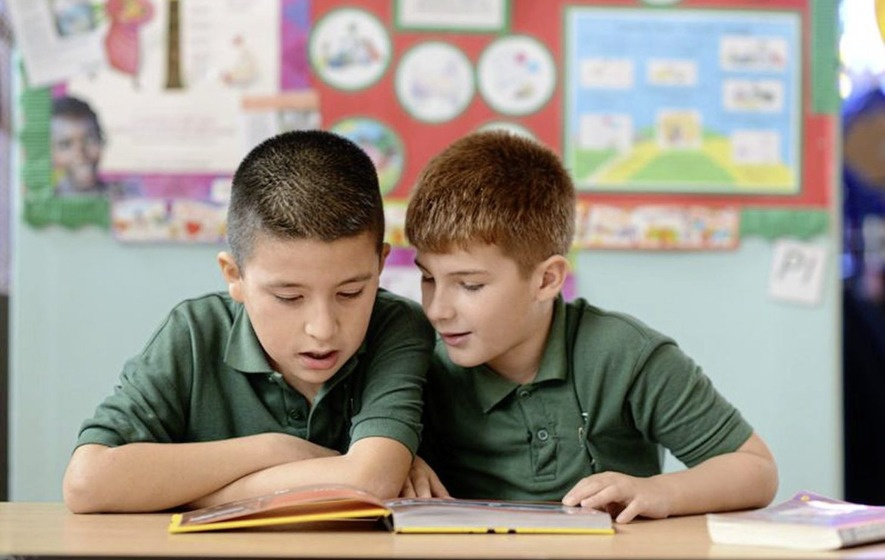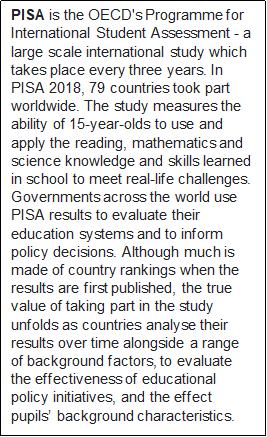

A review of trends in reading performance in PISA shows that, historically, pupils in the Republic of Ireland have demonstrated stronger levels of reading literacy than pupils in the UK.
NFER researchers examined education policy development in the four UK nations and in the Republic of Ireland to explore what may be underpinning these trends. We surveyed experts in each country and then interviewed policymakers and educationalists, from the Department of Education, Educational Research Centre and Inspectorate in the Republic of Ireland, to gain insights into what makes key policies successful.
The Republic of Ireland has fewer pupils in the lowest band for reading than UK countries
As well as achieving higher reading scores in PISA, the Republic of Ireland has consistently had fewer low-achieving pupils compared with UK countries. In 2018, only 12% of pupils in the Republic of Ireland were working below the level of ‘basic literacy’, while the percentages across the UK ranged from 16 to 22%. Both the Republic of Ireland and England had high proportions of pupils working at the most advanced reading levels, but the gap in attainment between the highest and lowest-achieving pupils, often used as an indicator of equity within education systems, was narrowest in the Republic of Ireland and Scotland, and wider in England and Northern Ireland, with Wales between the two extremes.
Comparing policy development across the five countries, suggests that these results may reflect the Republic of Ireland’s long history and sustained focus on combatting educational disadvantage. In fact, Ireland was one of the first countries in Europe to respond to the problem of disadvantage by setting up a pre-school in an acutely disadvantaged area in Dublin in 1969, and schemes to provide food, school books, clothing and footwear to children in need were in existence long before that.
UK policy initiatives and key themes
To enable us to distinguish the differences between the Republic of Ireland’s approach to literacy and that of the UK countries, let us first look at what the experts felt were important policies and programmes in the UK countries, before turning to the Republic of Ireland.